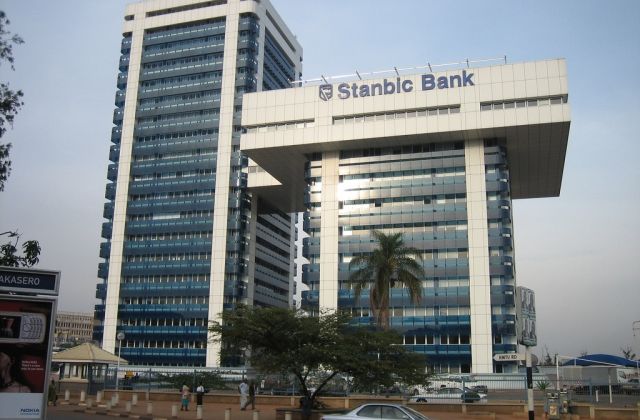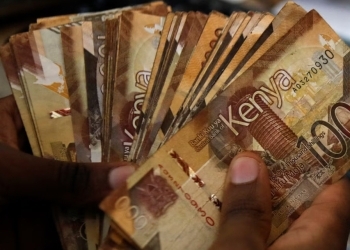
A number of commercial banks have announced reductions in lending rates following Bank of Uganda's recent cut in its benchmark lending rate, (CBR) to 11.5 percent from 12 percent, a consistent downward trend since April 2016.
While announcing the 0.5-percentage reduction in CBR, Governor Emmanuel Tumusiime-Mutebile said the easing of monetary policy is warranted to support economic activity, and by reducing the CBR, the central bank would be telling banks to reduce their interest rates and that by lending to the private sector they would get better returns than before.
Although the CBR has been reducing from 17 percent in February 2016 to the current 11.5 percent, commercial banks have not been responsive.
Average commercial bank lending averaged about 23 percent throughout the CBR reduction, even when government reduced her domestic borrowing by more than half from 1.4 trillion shillings to 612 billion shillings.
But ever since the CBR came down to 11.5 percent, a significant number of banks have reduced their prime lending rates for Uganda Shilling denominated loans.
Banks that have announced reductions in lending rates are Housing Finance Bank, United Bank of Africa, Diamond Trust Bank, Standard Chartered Bank, GT Bank, Tropical Bank, and ABC Capital Bank.
The reduced rates range from 20 percent in some banks to 22.5 percent in others. The 20 or 21 percent prime lending rate is for the bank's valued or trusted customers and not for everyone, meaning an ordinary borrower would still be charged a higher interest rate.
While some banks announce the lending rates changes in the newspapers, majority tend to do so quietly.
Economist Dr. Fred Muhumuza said there is an urgent need to boost short-term aggregate demand instead of focusing on huge infrastructure projects whose returns are long-term.
One way of boosting short-term economic growth is via lowering of interest rates.
Stephen Kaboyo, the Managing Director of Alpha Capital Partners, says reduction in rates has the potential of boosting the subdued economy.














